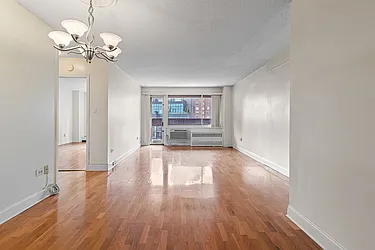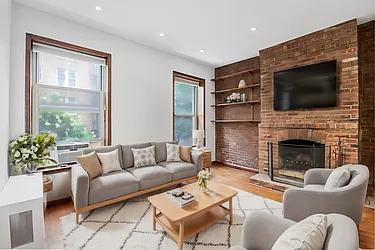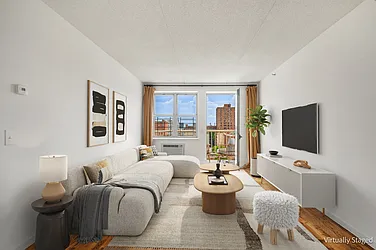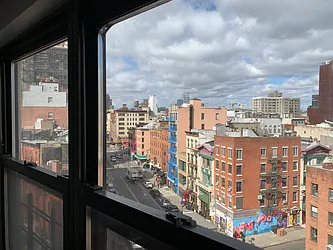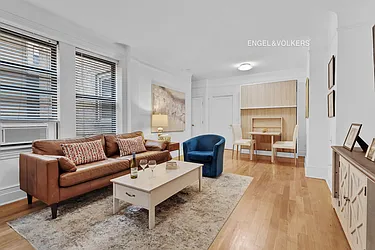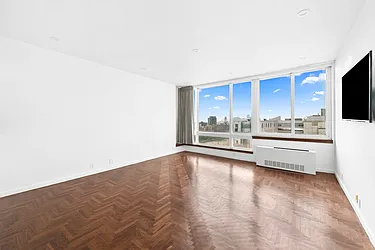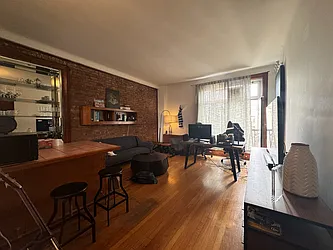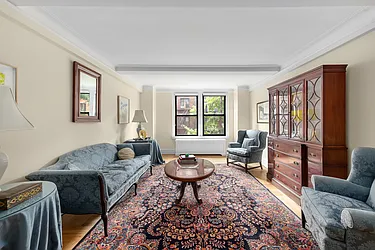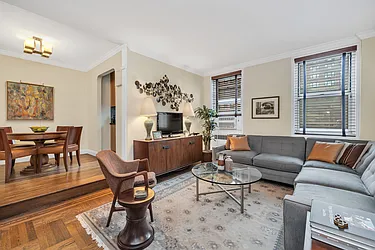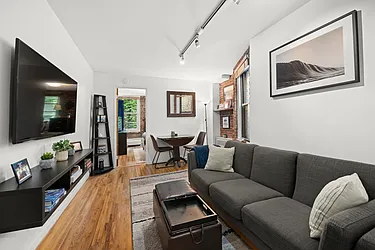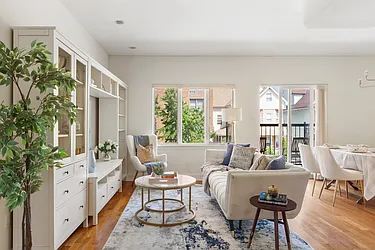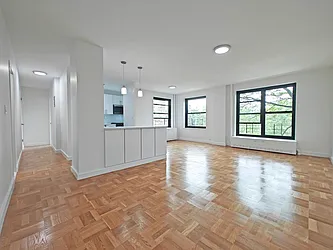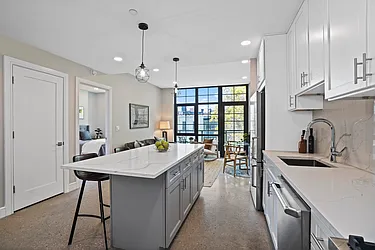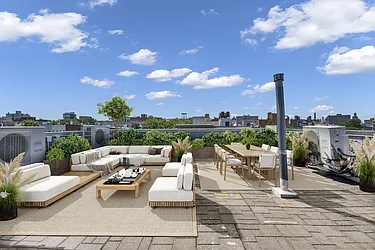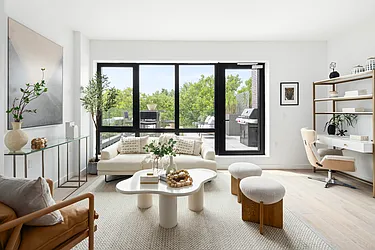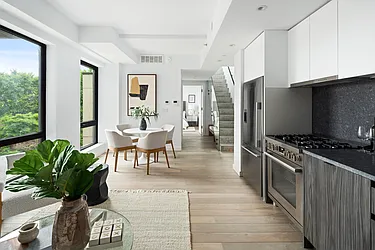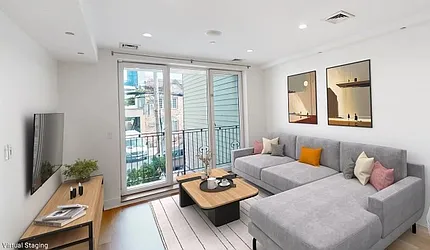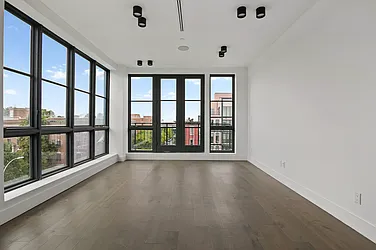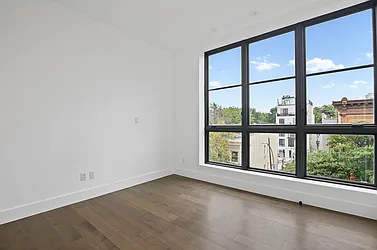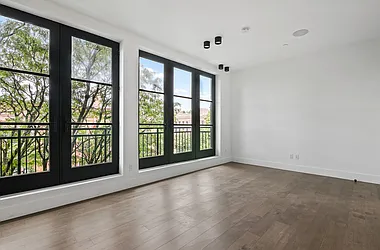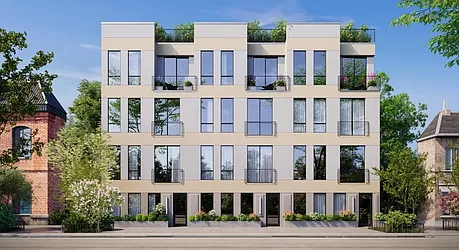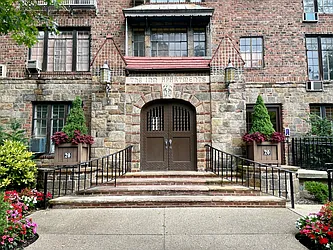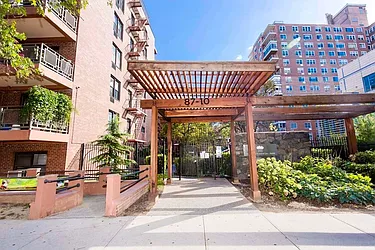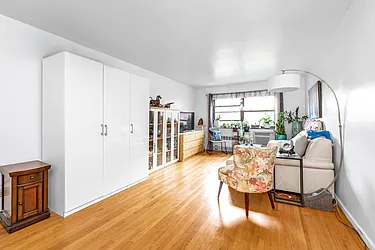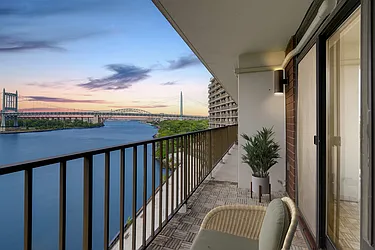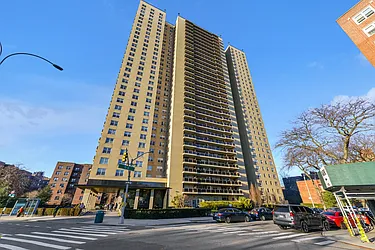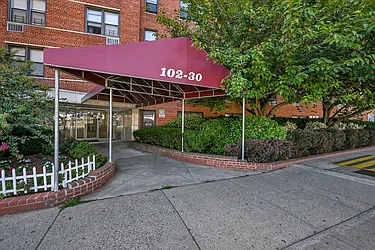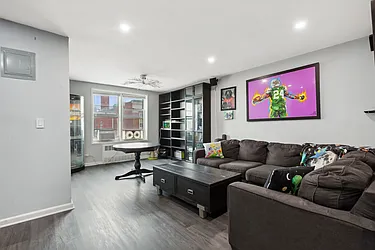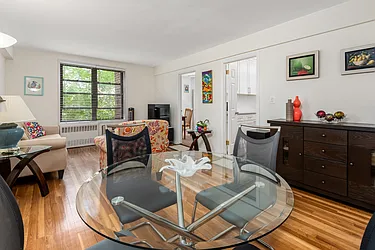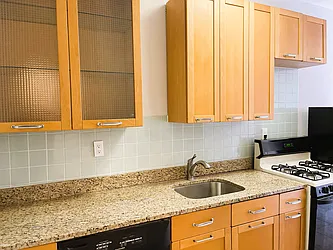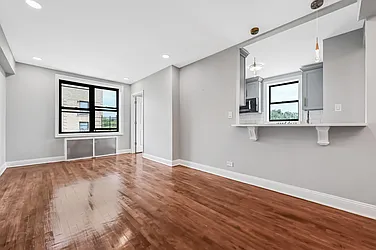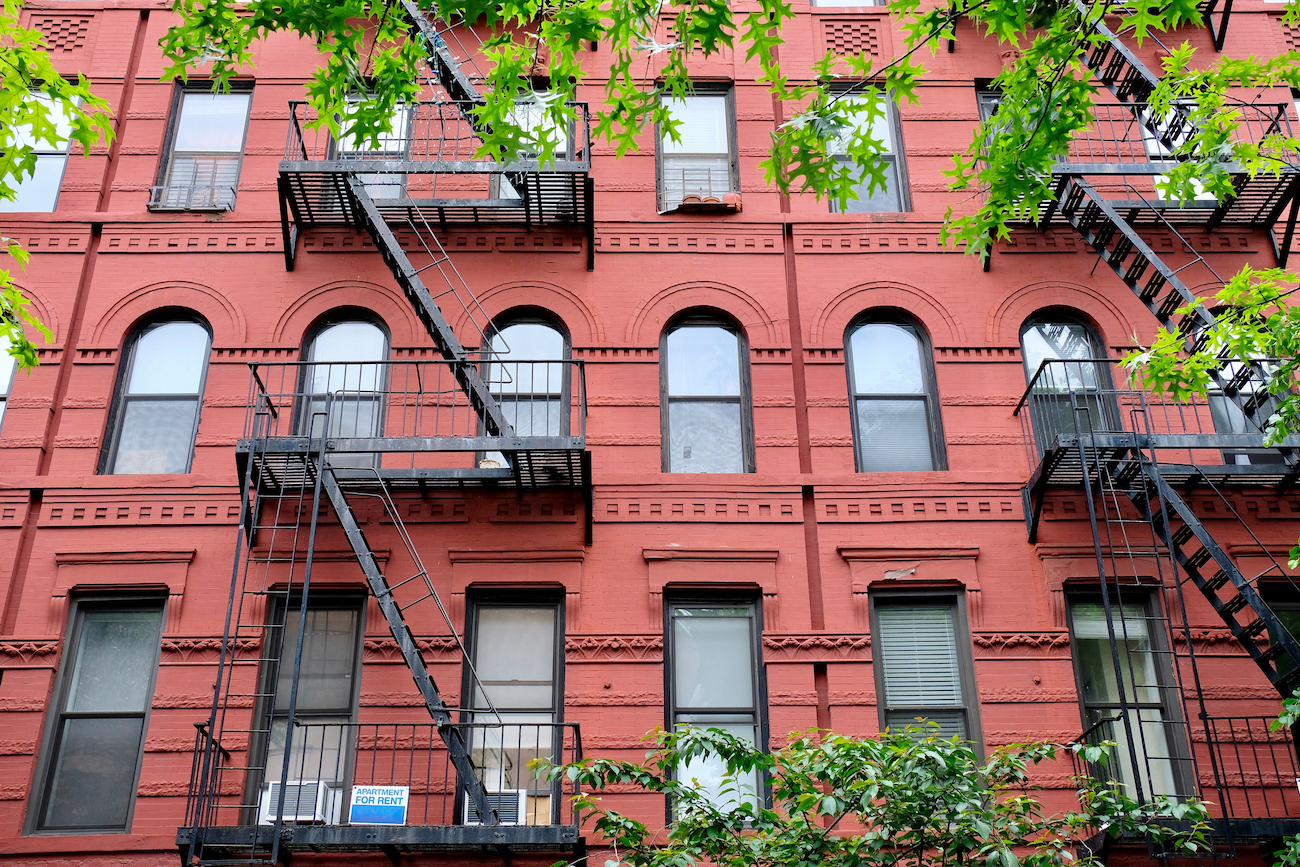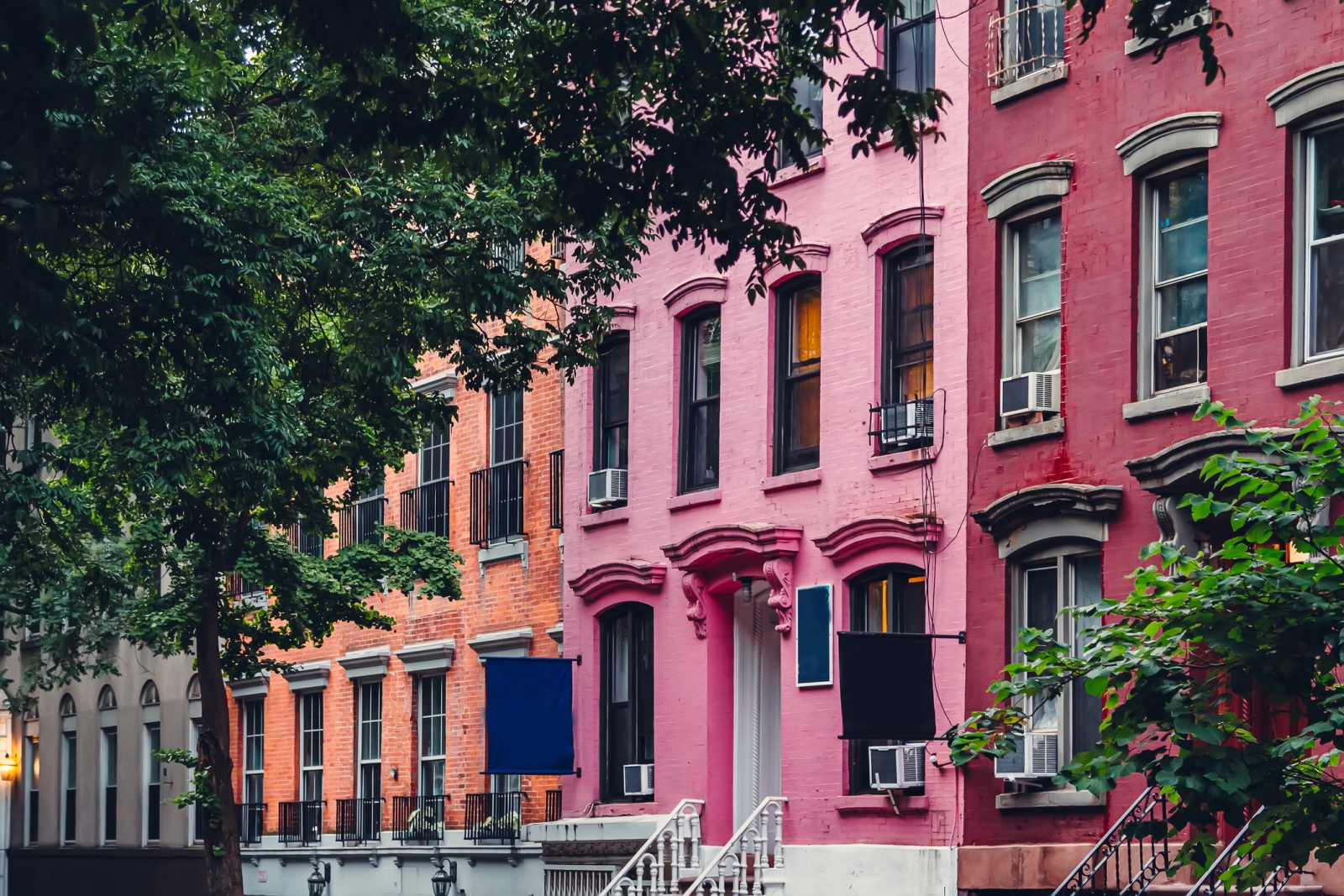
NYC property taxes affect the owners of co-ops, condos, and single-family homes differently. Read on to learn how they’re calculated. (Getty Images)
New York has a reputation for being a high-tax city, but, at least when it comes to taxes on homes, the reality is considerably less than the expectation. NYC property taxes are, for many homeowners, surprisingly reasonable.
A survey by Attom Data Solutions, a real-estate data firm, shows that the city has the lowest tax rates on single-family homes in the New York–New Jersey–Connecticut tri-state area. A $750,000 home in Queens, for instance, might have an annual property tax bill as low as $5,900. A house of equal value in Westchester County may carry a tax bill of more than $17,000, while the owner of a comparable home in New Jersey’s Essex County might pay almost $19,000.
The city’s average effective tax rate — the percentage of the market value that a homeowner pays in taxes — is just 0.9%, which is higher than all Proposition 13-bound California cities, but well below Chicago (2.1%), Houston (2.26%), Philadelphia (1.15%), and Boston (1.22%). The statewide New York average is 1.68%.
But don’t rest too easily. While New York City famously under-taxes single-family homes, it is well known for overtaxing large residential buildings. That Queens single-family homeowner gets a break, but the owner of a $750,000 condo in Manhattan could be shelling out as much as $19,000 in property taxes. (Here’s how to estimate your property taxes).
How NYC Calculates Property Tax Bills
For property-tax purposes, there are four broad property classifications, only two of which are of concern to most homeowners: Class 1 properties are one-to-three-family homes. Class 2 properties are rental buildings with four or more units, co-ops, and condominiums. The other tax classes cover utilities, commercial buildings, and other non-residential properties.
Manhattan 1-3BRs Under $1.5M Article continues below
New York also has property-related taxes that kick in when a property changes hands, but these don’t fall under the general term of “property taxes.” The big ones are the NYC and NY state transfer taxes and the NYC “mansion” tax, which is ensnaring more and more home buyers as the median home price in the city flirts with the tax’s $1 million threshold.
NYC Property Taxes for One-to-Three-Family Homes
Every January, the Department of Finance mails property owners a Notice of Property Value. It includes information about a property’s market value, which the city determines based on sales of nearby homes.
But you pay taxes on the assessed value of a house, not its market value. In New York City, the assessed value of a Class 1 property is 6% of its market value. After determining the assessed value, the city government then applies the appropriate tax rate, which was 20.919% in 2019, and will rise to 21.167% in 2020. (It can change annually.) The city then multiplies the assessed value by the tax rate to come up with the actual tax on the home.
More on NYC Taxes
Example: The Department of Finance estimates the market value of a Riverdale mansion at $2.6 million, with an assessed value of $156,000. Multiply the assessed value by the 2019 tax rate, and the homeowner gets a bill of $32,634. Taxes are paid quarterly, with the first $8,159 check due on July 1 of every year.
Actually, however, many Class 1 property owners, including this one, pay less than the rack rate because, over time, assessed values tend to lag behind market values. Since 1981, a home’s assessment can’t be raised more than 6% per year, or more than 20% in any five-year period, even if the market value of the house doubles.
New York City property owners also enjoy a host of tax givebacks and rebates, ranging from the popular STAR program to the $1,500 clergy exemption. (There are more property tax benefits for homeowners.)
How Are NYC Condo Taxes Calculated?
That Riverdale’s owner’s tax bill would look like a bargain to the owner of condo PH20 at tony 15 Central Park West, where the $2.7 million estimated market value resulted in a 2019 tax bill of $152,000 — five times that of the Bronx mansion. As high as that is, however, it’s probably nowhere near what the tax would be if large Class 2 condos and co-op buildings were assessed and taxed like houses.
Brooklyn 1-3BRs Under $1.3M Article continues below
Condos and co-ops are taxed as if they are rental buildings. The tax is based on the Department of Finance’s confusing estimate of what the building’s rental income would be based on “comparable” rental buildings. In a condominium, that overall value is then allocated to the individual apartments. The result, say many critics, is that relatively modest condos are over-taxed when compared to houses, while the city’s most expensive condos are grossly under-taxed.
Penthouse 20 was bought in 2012 for $88 million. Applying the same formula to Central Park West as the city applies to Riverdale, however, would result in a 2019 tax bill of about $1.1 million.
Apartment S602, one of the cheaper apartments at 15 CPW, sold for $900,000 in 2011 and in 2019 owed $7,750 in annual property taxes — about $500 more than a comparably priced house in Queens.
How Are NYC Co-op Property Taxes Calculated?
Co-op owners don’t have to sweat the annual assessments and quarterly payments because there is just one tax bill for the entire building. Individual tax liability is determined by the number of shares held, and taxes are paid with every monthly maintenance payment. In January of each year, shareholders receive a tax-deduction letter from their building’s accountants, which lays out how much property tax they paid in the previous year.
Like a condo building, a co-op building is assessed based on its potential rental income. Take a look at the snootiest building in town, 740 Park Ave. Thirty-one apartments with a Department of Finance estimate of the overall market value of $91 million and an assessed value of $39 million. The annual tax bill is $4.4 million — that’s $142,000 a unit, or a little less than $12,000 a month.
Queens 1-3BRs Under $1M Article continues below
It’s unclear how the city came up with comparable rental buildings to compare with 740 Park, because those numbers likely don’t come near to what the place is really worth. There are currently two apartments for sale at $32.5 million and $27.5 million, respectively. The most expensive apartment in the building, an 18-room duplex, sold in 2014 for $71 million. A typical monthly maintenance, which includes taxes, staff salaries, any building mortgage and upkeep, and improvements, is $17,000 or more.
A little back-of-the-envelope figuring: 31 apartments worth an average of $30 million means the actual market value of the building is almost $1 billion! Taxed at the Riverdale rate, that would yield $11.7 million, nearly three times the current tax bill.
For comparison, take a look at a far more modest 139-unit co-op at 235 E. 87th St. — nothing fancy here in Yorkville. The Department of Finance says its market value is $34 million, with an assessed value of $14 million. The total tax bill: $1.5 million, or a little more than $10,000 per apartment — again, much higher than comparable houses elsewhere in the city.
—
Inspired to find your next place in New York? Whether you’re looking to rent or to buy, search NYC apartments on StreetEasy.
